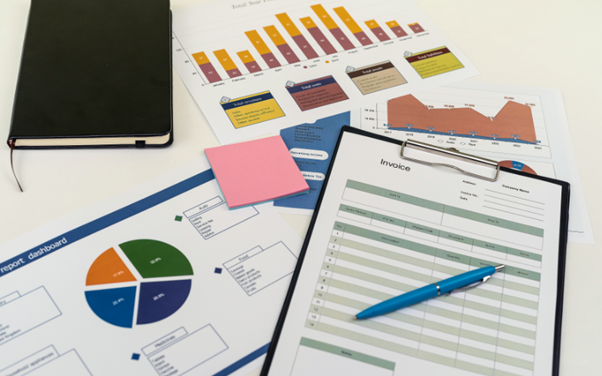Around 30% of small businesses overpay on their taxes and miss out on claiming deductions and credits they qualify for.
While it isn’t expected of a small business owner to be a tax expert, it’s important you know where and how to save money. The more money you save on taxes, the more leftover cash you have to invest back into your business.
Here are nine small business tax tips you should keep in mind to save you money.
- Use Tax Filing Software
The first of our tax tips for business owners is to make use of tax filing software. Small business taxes can be complicated and filing software can help you save hundreds of dollars, if not thousands. There are multiple platforms to choose from that will help you file your taxes accurately and help you get the maximum refund possible.
- Hire an Accountant
Your time is valuable as a small business owner. Of all the tax tips for businesses, you should take into serious consideration the suggestion of hiring an accountant.
A stellar accountant who specializes in helping small businesses will help you track your income and spending throughout the year and monitor your gross and net profits. An expert accountant will do more than just help you file your taxes. They should be there to help you with the overall growth of your business, like the Pacific Accounting Group that you can find on this site.
- Claim All Income
The IRS will be able to match the income you report against what you have truly received. Be sure that you truthfully report your earnings. Failing to do so can and will result in your business being audited by the IRS.
- Keep All Receipts
Receipts track how you’ve spent your money throughout the year. Many of these receipts will undoubtedly be for goods and services for your business. These expenditures can be deducted.
- Deduct Your Home Office
If you work from home as a small business owner, then you may be able to deduct your home office. All you need to do is calculate what portion of your home is dedicated to running your business. This type of deduction can include mortgage interest payments, internet service, and even your cellphone bill.
- Deduct Car Expenses
Do you have to travel for your work? If so, then you may be able to deduct expenses related to your car. You’ll have to calculate what percentage of the time your car is used for work versus personal use.
- Classify Your Business
If you fail to properly classify your business, you could end up overpaying taxes big time. You need to figure out if your company is an S Corporation, C Corporation, Limited Liability Partnership, Sole Proprietor, or something else. Each of these classifications has a different effect on your tax filings.
- Make Quarterly Estimated Payments
If your business is classified as a sole proprietor or partners in partnership, then you will need to make quarterly estimated tax payments. These come in four blocks spaced throughout the year. Failing to make your quarterly payments can lead to penalties and a huge tax bill.
- Look Into Penalty Relief When Needed
If you’ve accrued penalties from the IRS, the good news is you might be eligible for penalty relief. Penalties like failing to file a tax return or to pay on time are often eligible for relief. If you do qualify for penalty relief, it gives you money back in your pocket for making an honest mistake.
Save Big and Follow These Small Business Tax Tips
We hope you found this article on small business tax tips helpful. Don’t let running a small business be more financially draining than it needs to be.
Before you go, please take a moment to browse our site for other great reads.


















